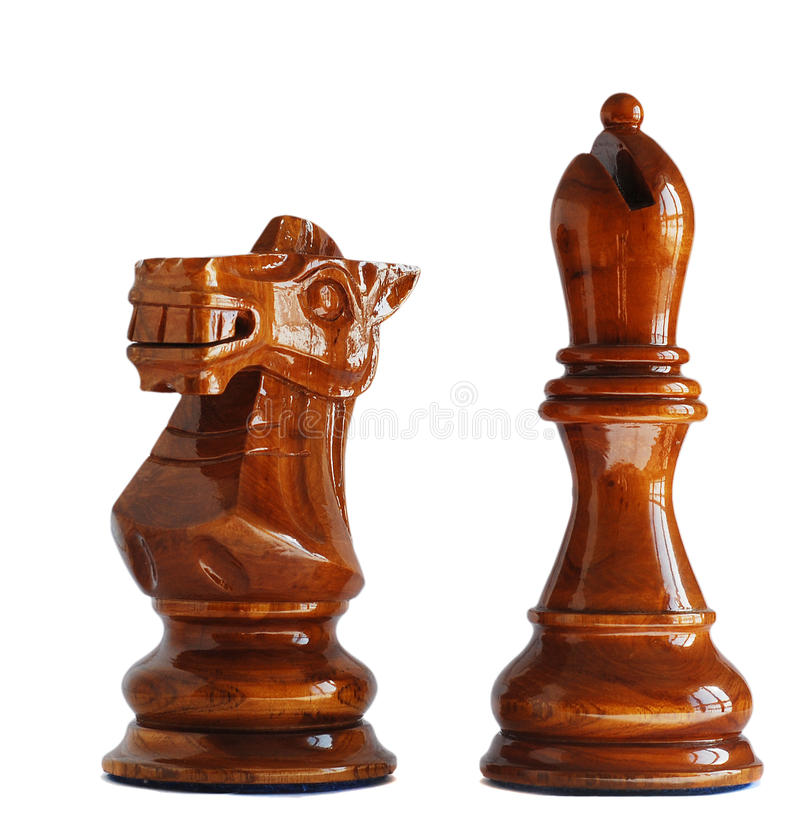
Minor pieces for two reasons. These articles cover minor pieces of chess history. And, for the most part, they will concern minor players in our game’s history. Grandmasters are often described as the kings and queens of chess, in which case international masters, and perhaps also national masters, might be seen as rooks: lesser major pieces. Children playing at a low level in school clubs are the pawns, while the rest of us, from social players through to club and tournament players like me. They might not have produced brilliant games or enhanced the knowledge of chess, but, by just being there, each one of them has been a link in the chain. You won’t just meet players, though. You’ll encounter a few problemists, maybe study composers, and others who made their mark in chess in other ways.
Some of you will be aware that, as well as chess history, I’m also interested in both family and local history. None of my ancestors were, to my knowledge, chess players, although I almost certainly share a very small piece of DNA with an English international. However, some of them married into the families of chess players, and others might have encountered chess players as they went about their daily lives.
Some of these stories will take the form of a circular tour, where we travel through the ages, and, on occasion, round the world as well, to find connections.
I’m also researching chess in my area: Richmond and Twickenham, along with neighbouring areas such as Kingston and Surbiton. I’ll be looking at the stories of some of those who lived in, or represented chess clubs in this part of the world. Where they’re available, I’ll show you some of their games or problems as well. In parallel, wanting to consider other parts of the country, I’ll look at chess in Leicester, my father’s home city and also the city where I studied half a century ago.
I’ll try to contextualise the stories in terms of social history. Who were these people? What were their jobs? What about their families? When did they learn? Why did they play? What part did chess play in their lives? Understanding history of this nature might help us in considering the changing nature of chess as we emerge from the pandemic.
Some of the stories I tell will have no connection with either my family or my locations of interest: just stories I came across and wanted, often for sociological reasons, to investigate further.
A quick note on sources. Genealogy websites provide ready access to birth, marriage and death records from 1837 to date, as well as parish records often going back a further two or three hundred years. Census records from 1841 to 1911 are also online, with the 1921 census being released in January 2022. The 1939 Register is also available. Many of the families I’ll consider have already been researched, with extensive and (sometimes, but not always) accurate trees having been created by relatives or historians. Others, though, are not, in which case I’ll have a go myself.
I hope you enjoy these articles. If you have any corrections, suggestions for further research, or other comments, please get in touch.
